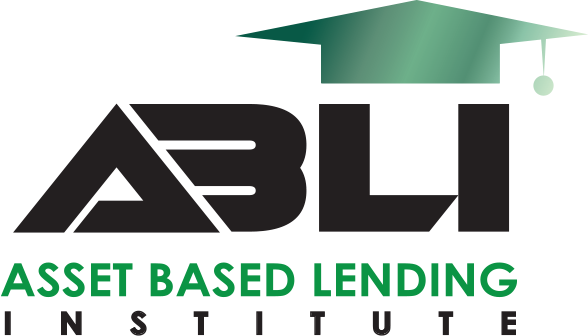Module 7
Account Management
Milestone Assessments
Revision Slides
Final Assignments
Certificate of Completion
What you are going to learn
A few more words about this course
Learning Outcomes:
Assessing Financial Performance: Develop the ability to evaluate financial performance issues, identifying potential concerns and opportunities within the lending context.
Evaluating Collateral Issues: Learn to assess collateral intricacies, understanding how they impact the overall lending scenario.
Forecasting & Funding Availability: Acquire skills to assess forecasting and bank funding availability, aligning with strategic lending decisions.
Interpreting Supporting Reports and Audits: Gain expertise in interpreting various reports, including audit reports, and understanding their implications in account management.
Appraising Fixed Assets: Learn to appraise fixed assets within the context of asset-based lending, ensuring proper valuation and risk management.
Maintaining Credit Files: Understand how to maintain credit files in accordance with business standards, contributing to efficient and compliant lending operations

